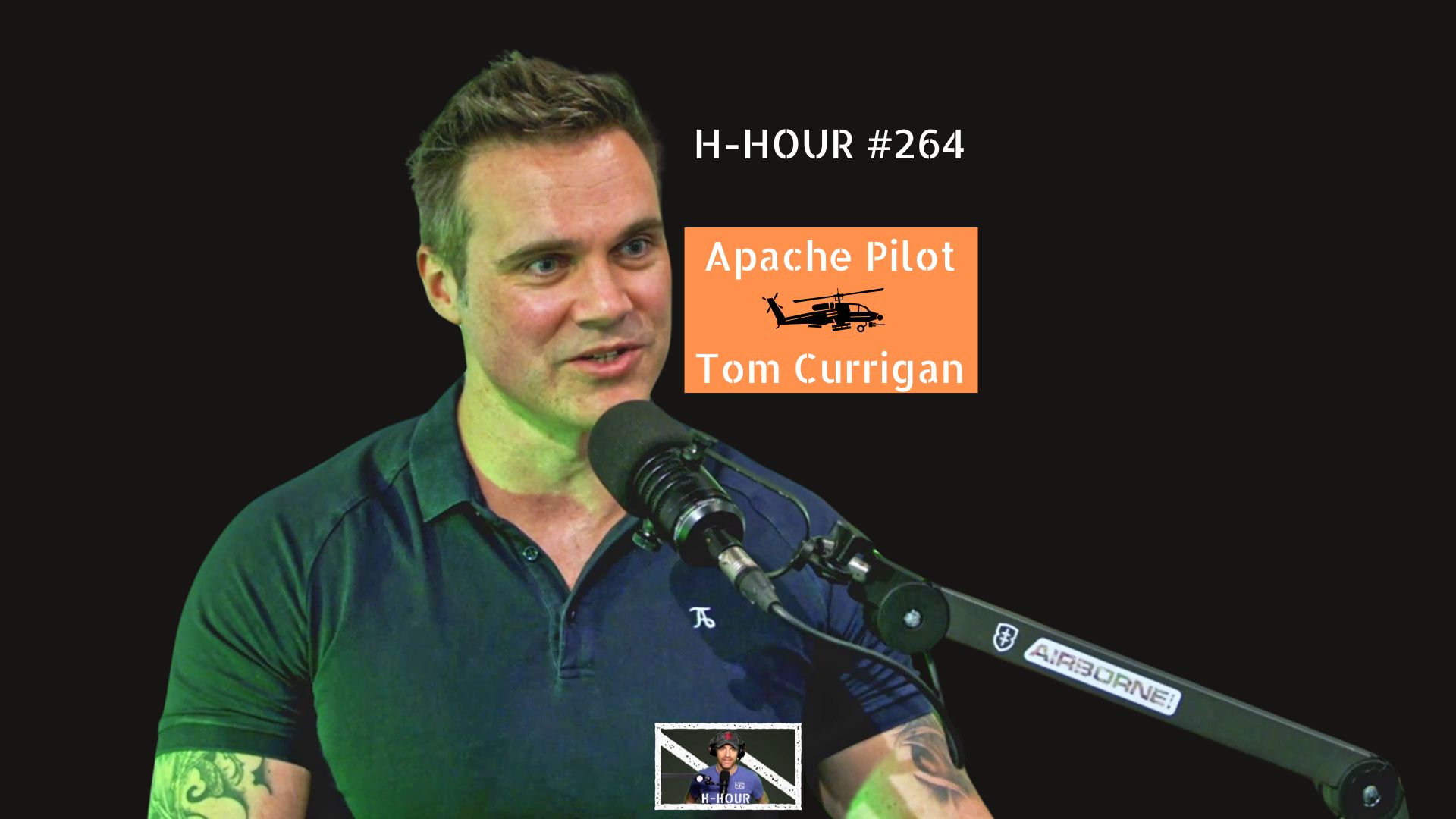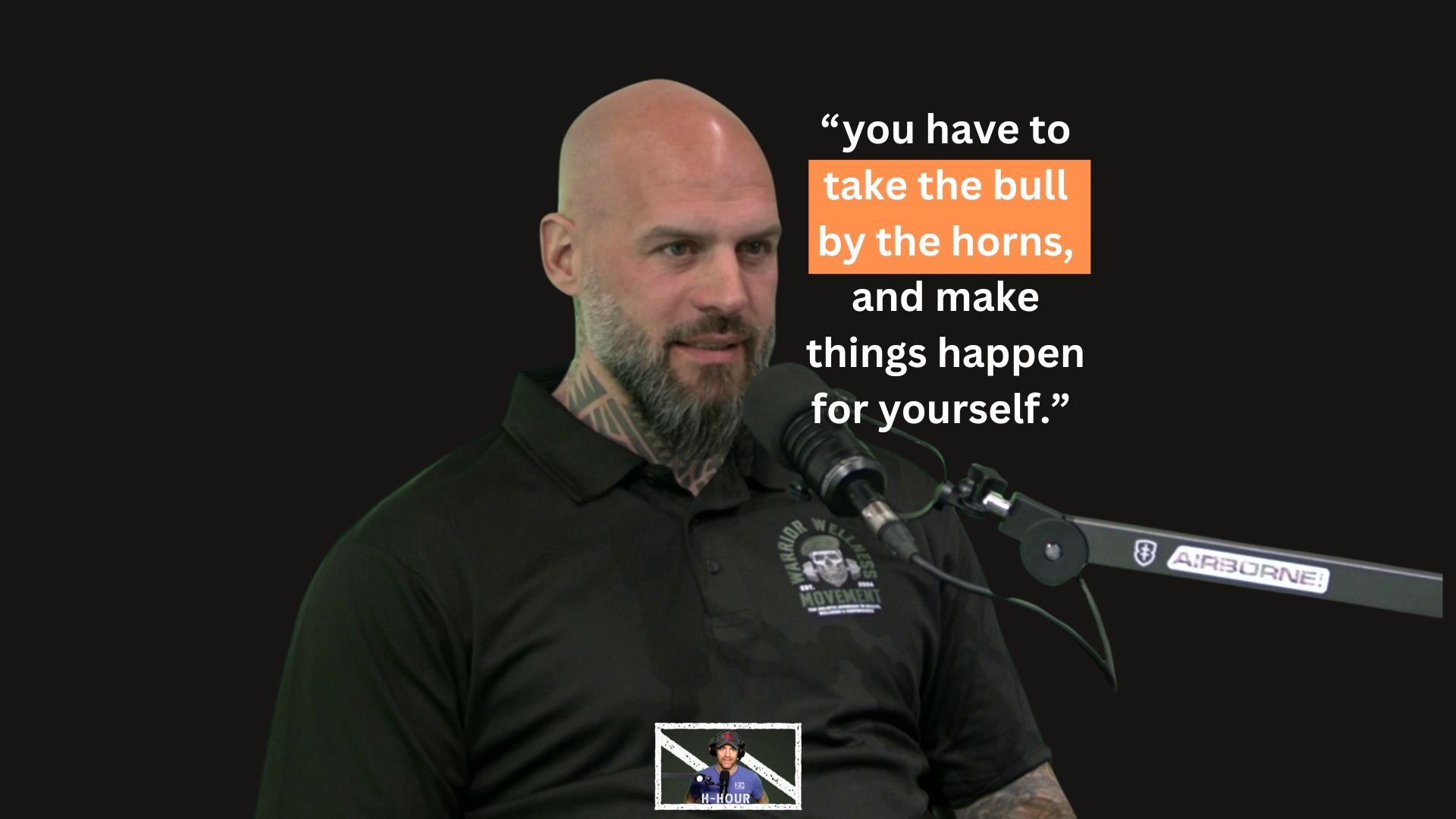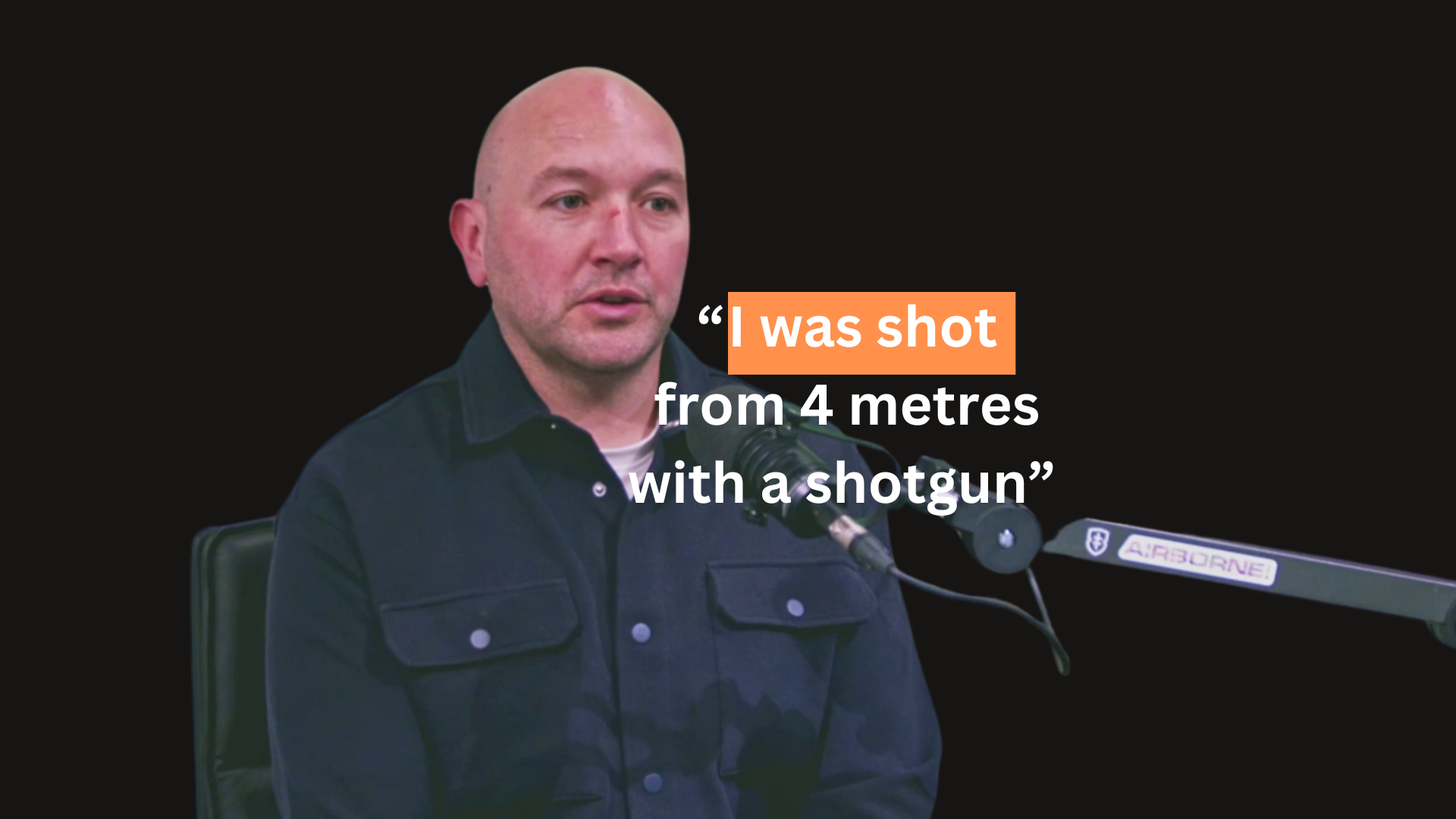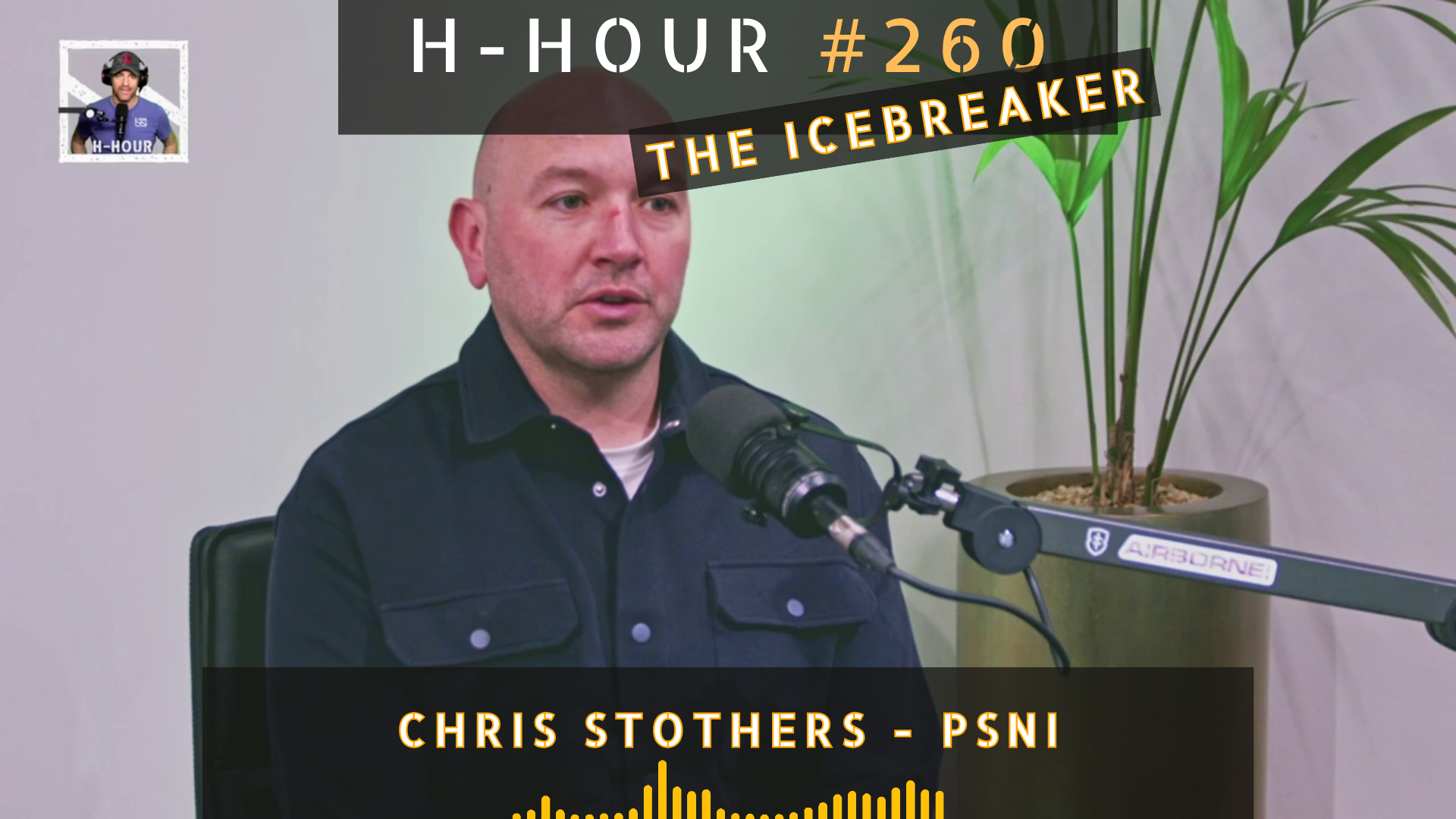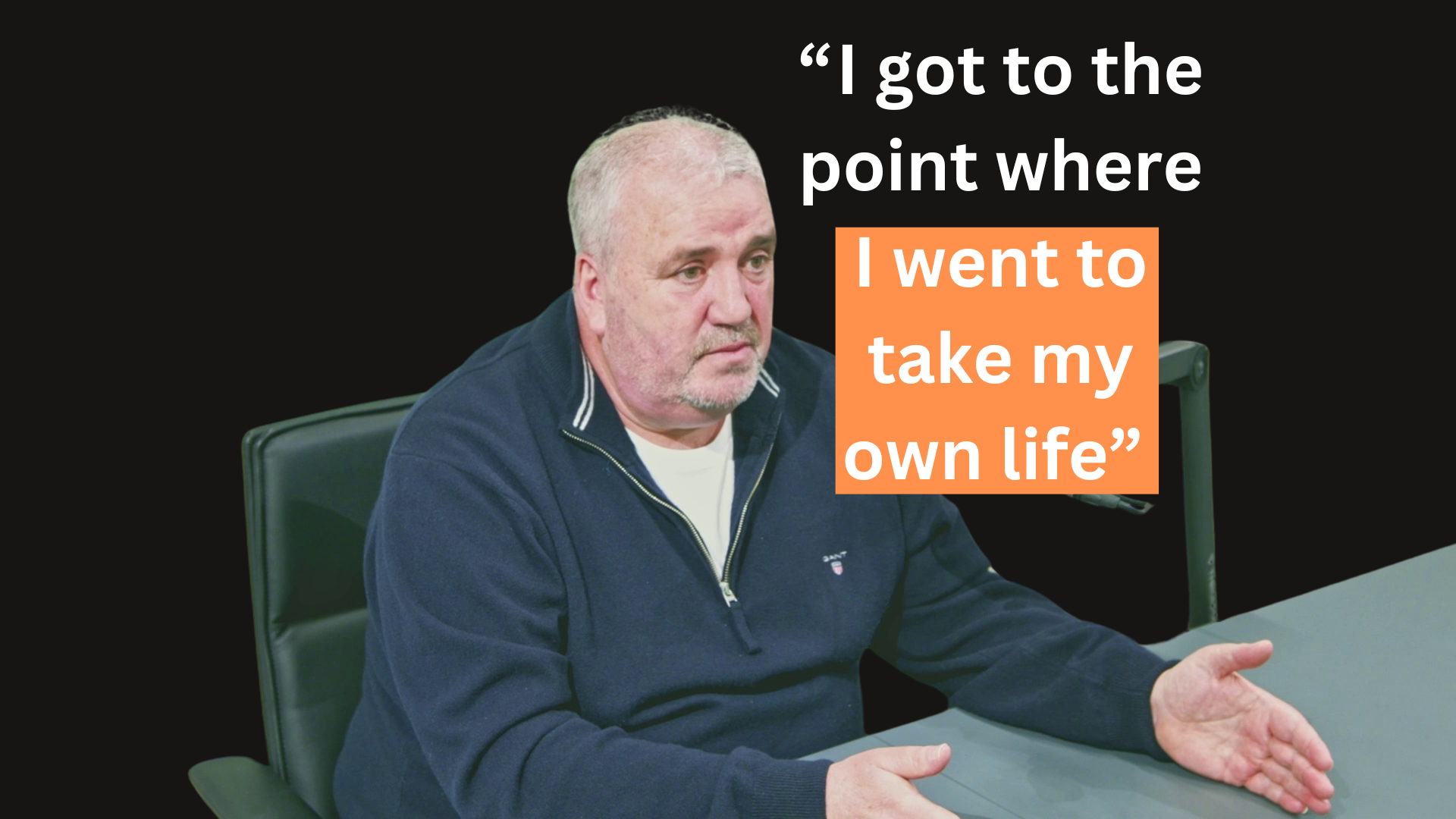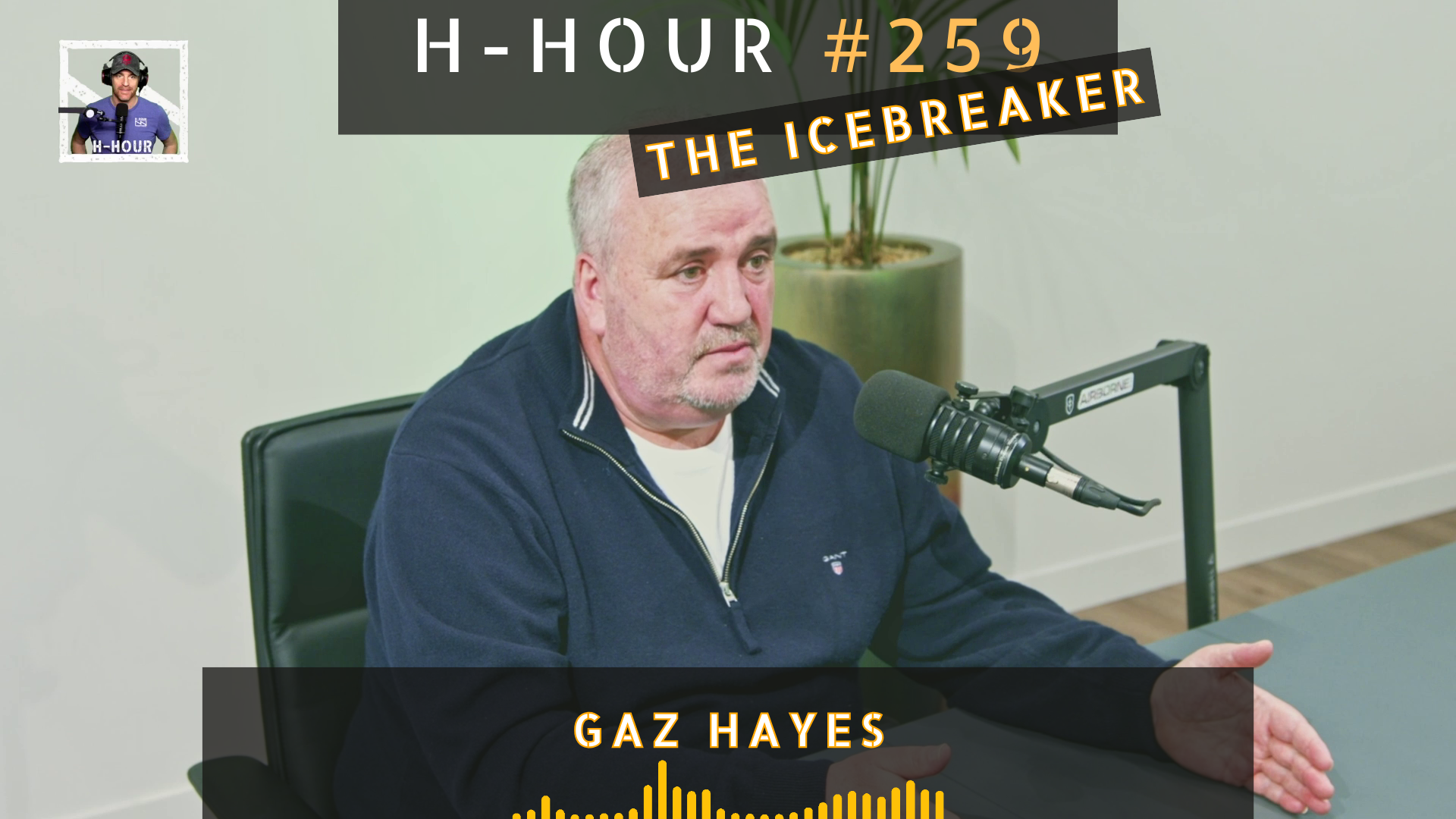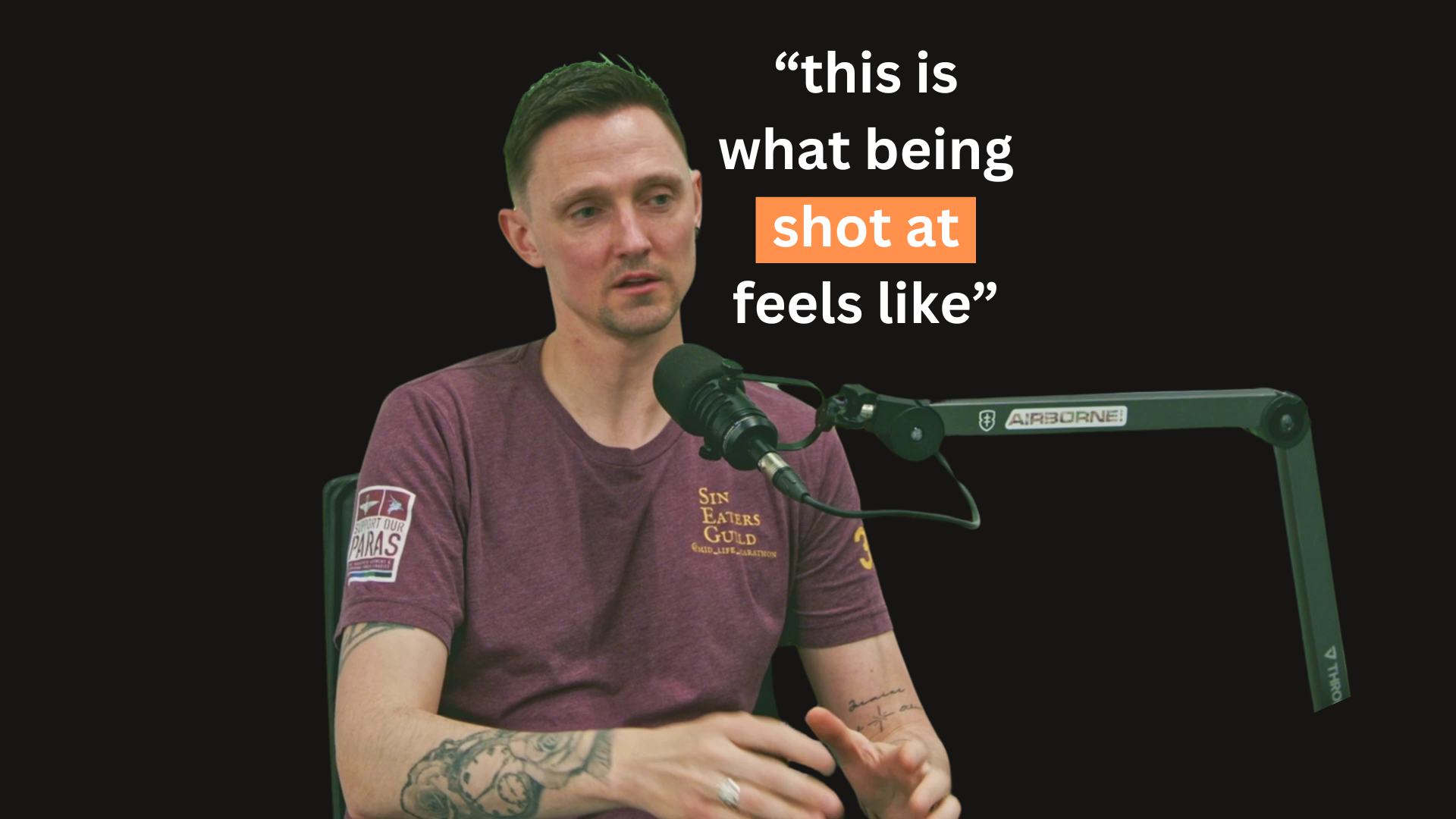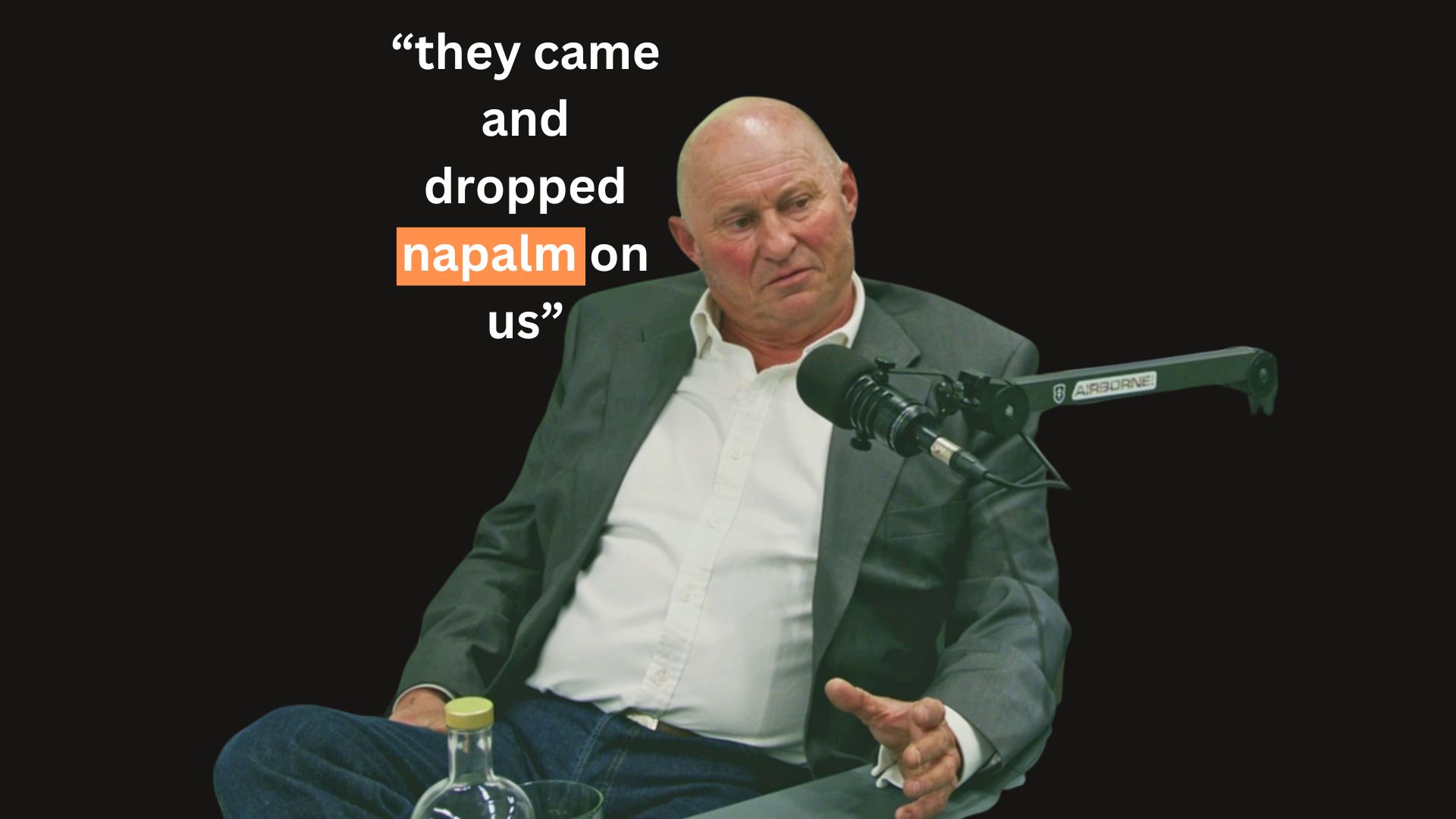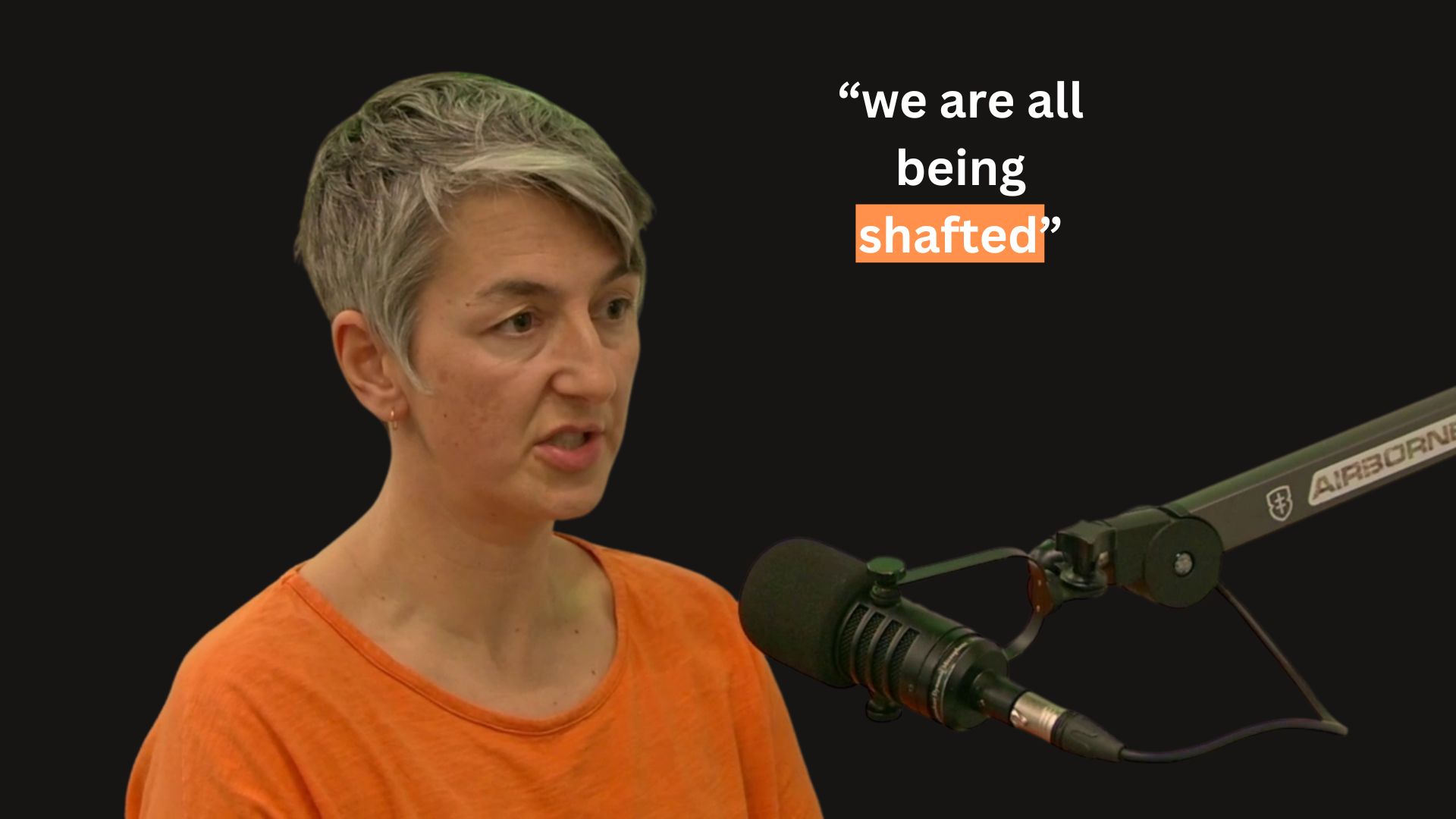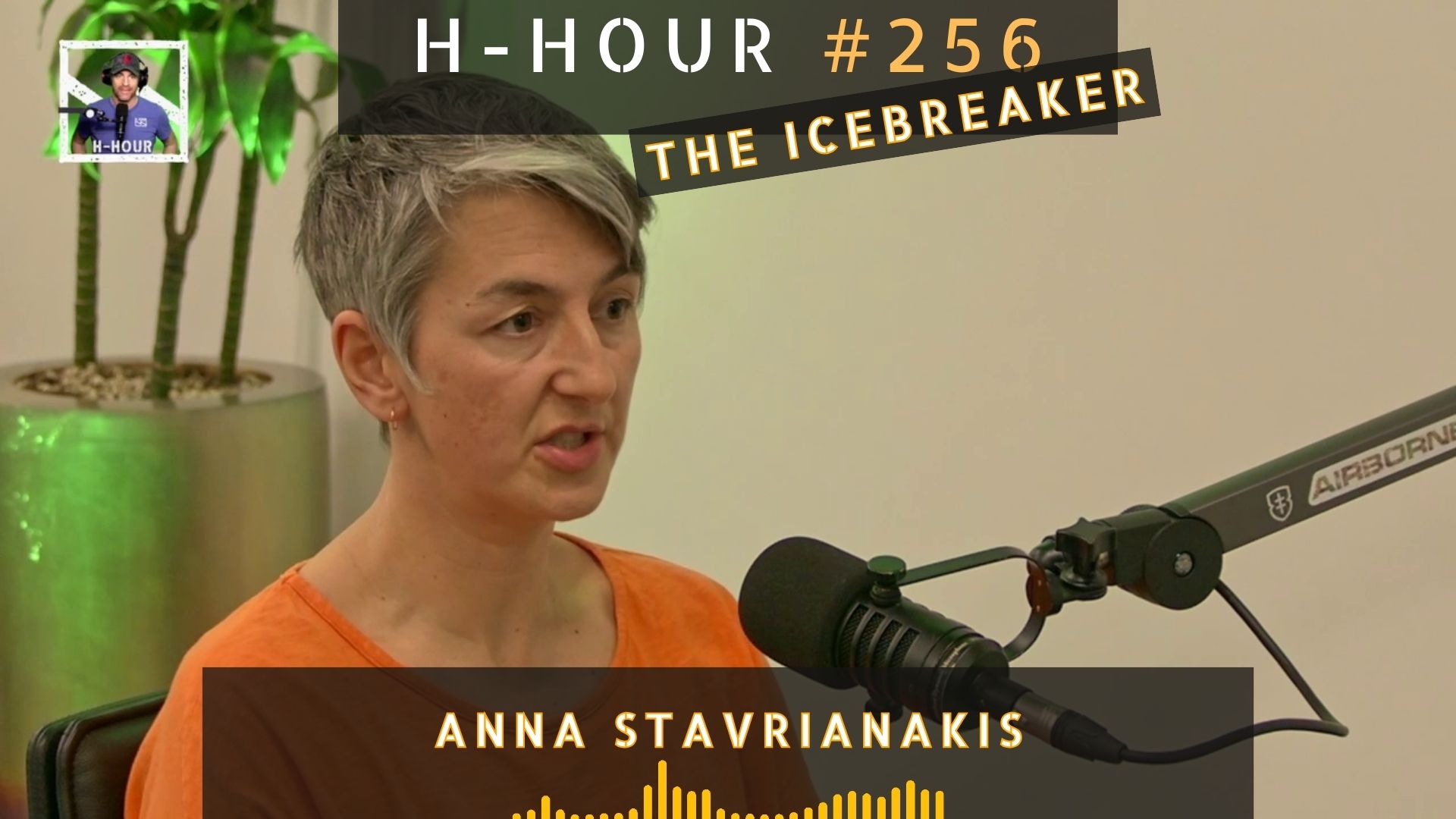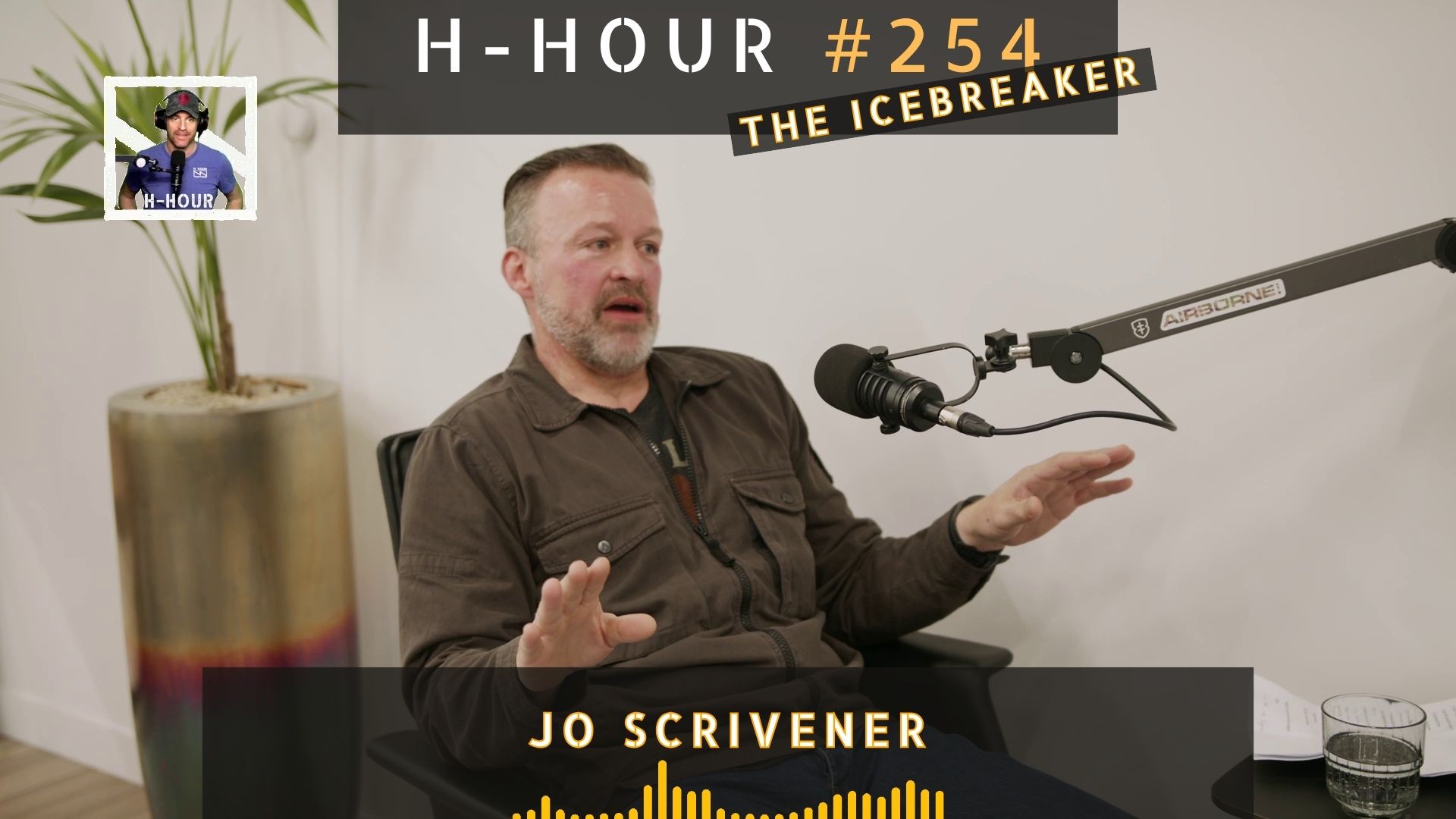H-Hour Icebreaker #254 – Jo Scrivener
Podcast: Play in new window | Download | Embed
- H-Hour on WhatsApp: https://whatsapp.com/channel/0029VaWSj4p05MUbVlHmFu3y
- H-Hour on iOS: https://podcasts.apple.com/gb/podcast/h-hour/id1388879117
- Follow H-Hour Hugh on X: https://x.com/HughKeir
- H-Hour on YouTube: https://youtube.com/@HHourPodcast
- H-Hour on Substack: https://substack.com/@hughkeir
- H-Hour on Patreon: https://patreon.com/hkpodcasts
- H-Hour on Spotify: https://open.spotify.com/show/7xePDvrT2Iwuon3O0Mc5ll?si=2d7953259cda4e07
- H-Hour on Rumble: https://rumble.com/c/c-1422332
This is the Icebreaker episode, with questions chosen by H-Hour Platinum Subscribers and Patrons.
In 2006, 88 soldiers consisting mainly of paratroopers from 3 Para and two platoons of Royal Irish soldiers found themselves at the mercy of hundreds of Taliban in the town of Musa Qaleh, Helmand Province. Faced with relentless attacks from all directions, and a combination of direct and indirect weaponry, the vastly outnumbered troops held their ground in a set of low-walled buildings within the District Centre compound, for 56 days.
Jo Scrivener was the Company Sergeant Major.
A company sergeant major (CSM) in an infantry unit in the UK is responsible for the welfare and discipline of the enlisted men within the company. They advise the company commander on matters related to non-commissioned members and are in charge of administration, standards, and discipline within the unit. In combat, their primary responsibility is to supply ammunition to the company, and they also oversee the distribution of other supplies like water or food, and the evacuation of the wounded and collection of prisoners of war.


